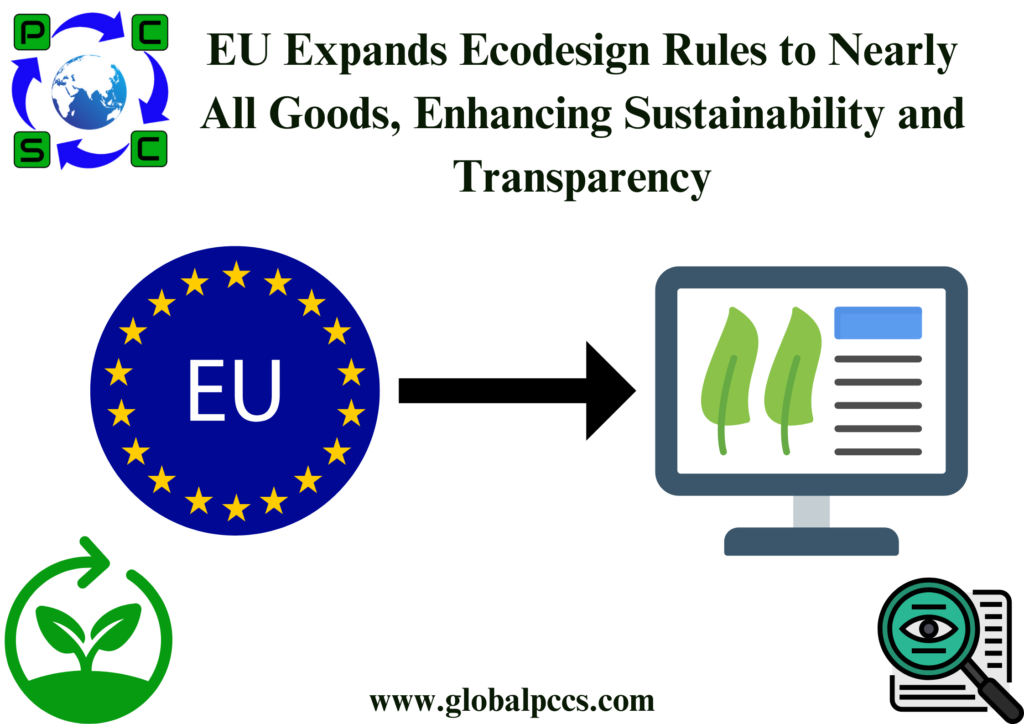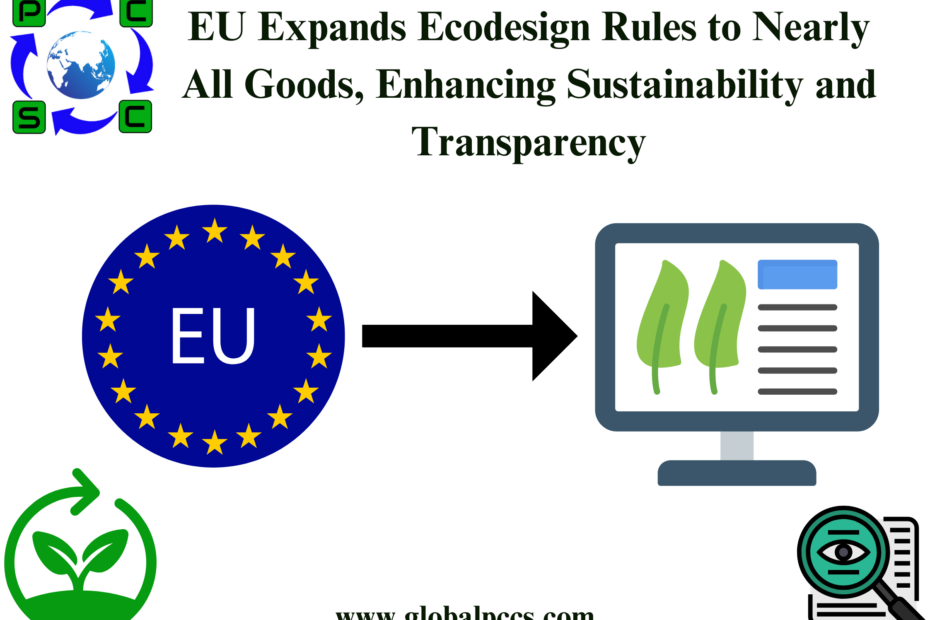
- New ecodesign rules now apply to almost all physical goods in the EU market, not just energy-related products.
- Products must be energy-efficient, durable, repairable, and recyclable, among other eco-friendly traits.
- Companies must disclose annual product waste and reasons, and public procurement must meet green criteria.
The EU has introduced a comprehensive law aimed at enhancing the sustainability of products in the market. The new Ecodesign for Sustainable Products Regulation expands on the existing Ecodesign Directive, covering nearly all physical goods and aiming to improve circularity, energy performance, and environmental sustainability.
Why It Matters
Ecodesign integrates environmental considerations into every stage of product development. In a world increasingly demanding efficient and sustainable products, this approach is crucial for reducing energy and resource consumption.
Broadening Impact
The EU has a history of promoting energy efficiency, such as the familiar energy labels on household appliances. However, the new regulation goes further, requiring products to display one or more of the following sustainability features:
- Reduced energy use
- Extended lifespan
- Easy repairability
- Simplified disassembly for reuse
- Fewer hazardous substances
- Enhanced recyclability
- Increased recycled content
- Lower lifecycle carbon footprint
Banning Waste
The regulation also bans the destruction of unsold textiles and footwear, with potential extensions to other sectors if needed. Companies must publicly disclose annual data on discarded products and the reasons behind it.
Public Procurement
Mandatory Green Public Procurement criteria are introduced, directing public spending toward more sustainable options. This is significant, given that EU public authorities spend around €1.8 trillion annually on various goods and services.
Outcomes / Benefits
The EU’s past ecodesign measures have yielded substantial benefits. In 2021 alone, these measures saved EU consumers €120 billion in energy costs and reduced the annual energy consumption of covered products by 10%.
The new law underscores the EU’s commitment to sustainability, aiming to deliver long-term benefits to businesses, consumers, and the environment.








 Authorised IMDS & CDX Training & Consulting partner for
Authorised IMDS & CDX Training & Consulting partner for






